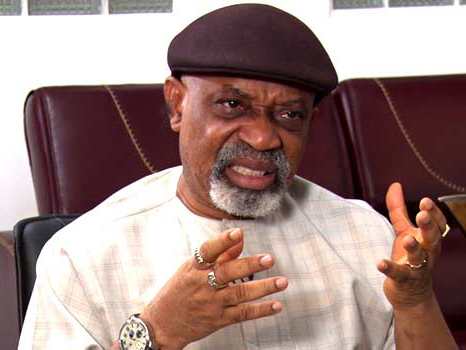The House of Representatives Committee on Basic Education has condemned WAEC over major operational failures and irregularities in the 2025 WASSCE, calling for urgent reforms and accountability
[dropcap]W[/dropcap]AEC Exam Irregularities 2025 took centre stage on Monday as the House of Representatives Committee on Basic Education and Examination Bodies lambasted the West African Examinations Council over widespread operational lapses and irregularities that marred the 2025 Senior Secondary School Certificate Examination.
Also read: Reps grill WAEC boss over N5bn calculators purchase
At an investigative hearing held at the National Assembly, the lawmakers sharply criticised the Head of WAEC Nigeria, Dr Amos Dangut, over what they described as deep-rooted systemic failures that have undermined public confidence in Nigeria’s examination process.
Opening the heated session, Committee Chairman Oforji Oboku (PDP, Yenagoa/Opokuma, Bayelsa State) did not mince words in condemning the council’s conduct.
“This gathering reflects our collective resolve to restore dignity and credibility to our examination system,” he said.
“On behalf of this committee, I offer an unreserved apology to Nigerian parents, guardians, and candidates who suffered the chaos of the last examination cycle. We are committed to ensuring this never happens again.”
Recounting disturbing revelations from a previous engagement with WAEC on 30 May, Oboku said students in numerous centres were forced to write exams under torchlight during late-night hours.
“It is unacceptable that in 2025, students are sitting for exams at 11 PM under torchlight. This is not just a failure of logistics, it is a failure of leadership,” he stated emphatically.
Though Oboku stressed that the probe was not a witch-hunt, he insisted the committee would get to the root of the dysfunction plaguing WAEC’s operations.
“We must identify the underlying causes of these repeated failures, address them decisively, and hold those responsible to account.”
Tensions flared further as lawmakers voiced fury over what they described as WAEC’s “habitual negligence” and lack of adequate preparation.
“Admit your failure to the Nigerian people,” a visibly angry lawmaker shouted. “If you need to cry, go ahead. But when you’re done, tender your resignation.”
WAEC’s announcement of plans to implement computer-based testing (CBT) nationwide by 2026 was met with scepticism.
Oboku retorted, “You talk of CBT readiness, yet many local governments lack a single CBT centre. That’s like saying you own a car and a driver, but there’s no road. It’s fantasy, not capacity.”
Lawmakers went further, proposing a national education summit to assess the dire condition of secondary school infrastructure, while raising concern about the reputational damage Nigeria is suffering across West Africa due to WAEC’s failings.
Dr Dangut cited logistical setbacks and insecurity in parts of the country as causes for the poor execution of the 2025 examination.
However, his explanations were frequently interrupted and largely rejected by the committee as “inadequate and unacceptable.”
By the end of the session, the committee passed a resolution compelling WAEC to submit a comprehensive audit of its digital infrastructure, particularly in underserved regions, alongside a clear roadmap detailing how it intends to achieve CBT readiness by 2026.
In addition, WAEC was directed to provide the National Assembly with its full operational guidelines and all internal reports linked to examination paper leakages.
Also read: WAEC explains late English exam as anti-leakage measure, apologizes for inconvenience
Chairman Oboku concluded, “This is a defining moment. We must insist on competence, honesty, and reform. Education is too critical to be managed by trial and error. The future of our children, and our nation, is at stake.”
Oreoluwa is an accountant and a brand writer with a flair for journalism.





























